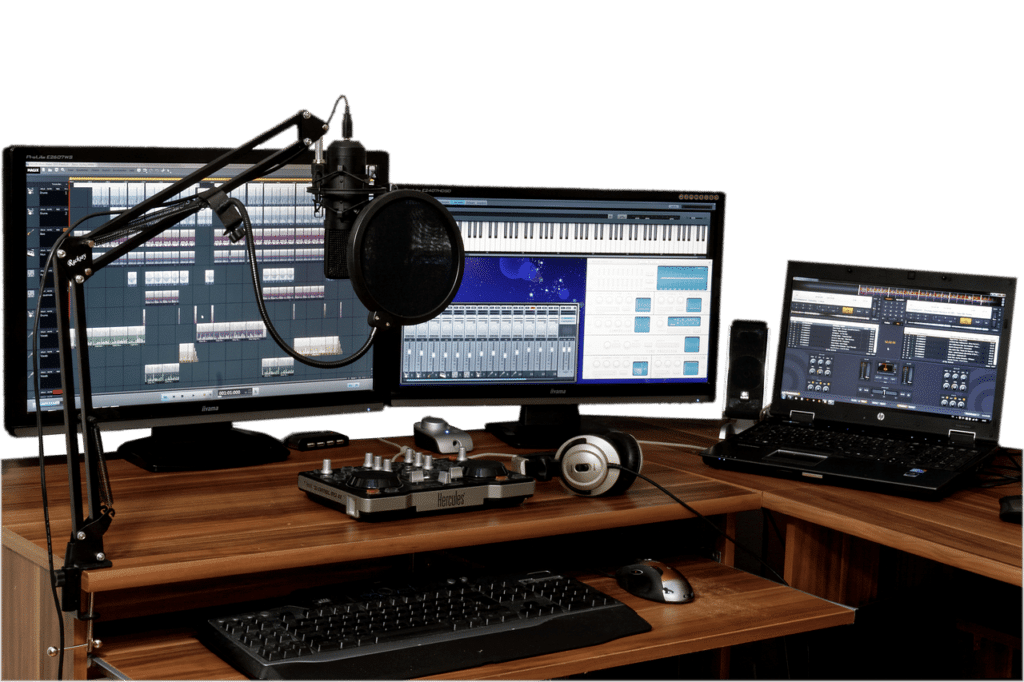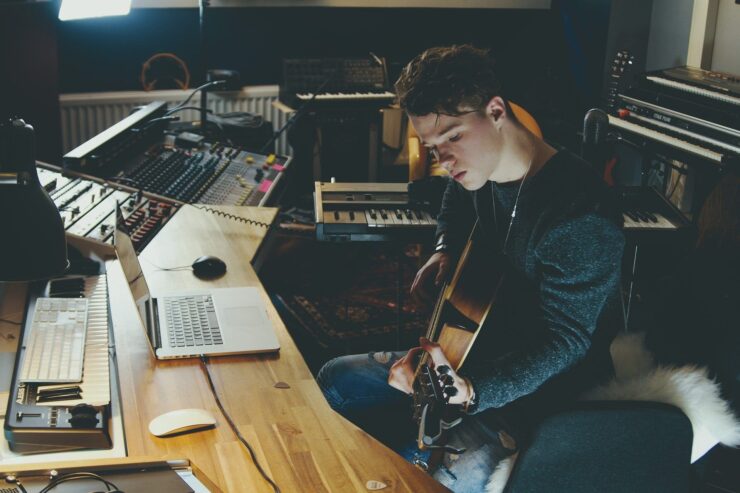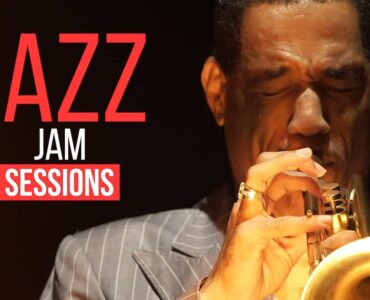Writer’s block is something that effects everyone who works in a creative industry. For musicians, especially professional songwriters, writing songs on a regular basis is the foundation of their career, and serious bouts of writer’s block can be particularly damaging.
As everyone knows, there aren’t any guaranteed solutions for writer’s block. However there are various methods to get creative juices flowing, and put pen back to paper.
Write a little every day
Writing daily is incredibly beneficial and it is more likely that, by keeping a finger on the pulse for just a few hours every day, a musician will compose something of quality.
This is especially true for musicians who regularly agonise over the same chord structure/lyrical phrase for weeks on end, never to finish.
Writer’s block is a bourgeois luxury
John Darnielle, The Mountain Goats
It is important to remember that, as a writer, work can always be recycled and rewritten.
Whilst on some days the material written may not be up to scratch, it may provide inspiration for new compositions in the future.
Writing daily also enables musicians to try composing in different styles and genres.
There is no rule that says you have to get everything done on one day. A bridge here, a chorus there, and soon you’ll have the bones of a full composition.
Use the “Morning Pages” technique
Particularly handy for lyricists, morning pages is a technique often used by all sorts of creative writers, from novelists to screen play writers.
It basically involves complete free writing – getting whatever is in your head down onto the page, no matter how ridiculous it is, first thing in the morning.
While you might get just one usable sentence from two sides of A4, it is often still worthwhile.
Whether it’s a new word doc, or physically putting pen to paper, many creative writers swear by this technique.
Go for a walk
By taking in some fresh air, enjoying new surroundings and relaxing, many musicians find that songs simply begin to naturally take shape.
Lyrical snippets may stand out or a hook may begin to write itself during the walk.

During a walk, the objective is to relax and get back to square one.
An idea may manifest itself, or it may not, but either way it’s likely that once a musician goes back to the writing process, it will seem a little easier.
Always keep a notebook handy
Thanks to technology, a notebook doesn’t strictly have to mean pen and paper. It could be that a musician chooses to make notes on a smart phone, whilst also recording melodies and hooks as they are conjured up.
Often it’s a phrase, hook or even a single lyric that will spark a whole new song and therefore missing these golden nuggets of genius.
Important things to remember when composing new music:
- Always record what you’re playing
- Listen to new music/new genres
- Co-write with other musicians
- Attend open mics and other live performances
- If it’s not working, change the angle, you can always go back
Attempt to write using a different instrument
For many new musicians, it’s easy to get stuck into writing songs on one particular instrument. Commonly it’s the acoustic guitar, a great instrument to write on, but one that can prove restrictive when seeking new styles and sounds.
To combat this, musicians should attempt to write new hooks and melodies on another instrument – preferably one that is not too difficult to pick up the basics.

The simple act of breaking routine and trying something new will enable creativity to grow and stretch out in different ways.
Monotony is no friend of creativity and by giving the brain stimulation, the process of creating new material will become easier. Try writing a bass line, playing around with synth sounds or piano lines.
Go back to some of your old albums
If you’re in need of a little inspiration, go back to the first albums that inspired you to play your instrument. It could be the case that you haven’t heard them in years!
Picking away at what made these albums so important to you might be just the thing you need to spark a breakthrough.
Sources
Do you have a technique for combatting writer’s block? Let us know in the comments below!




















